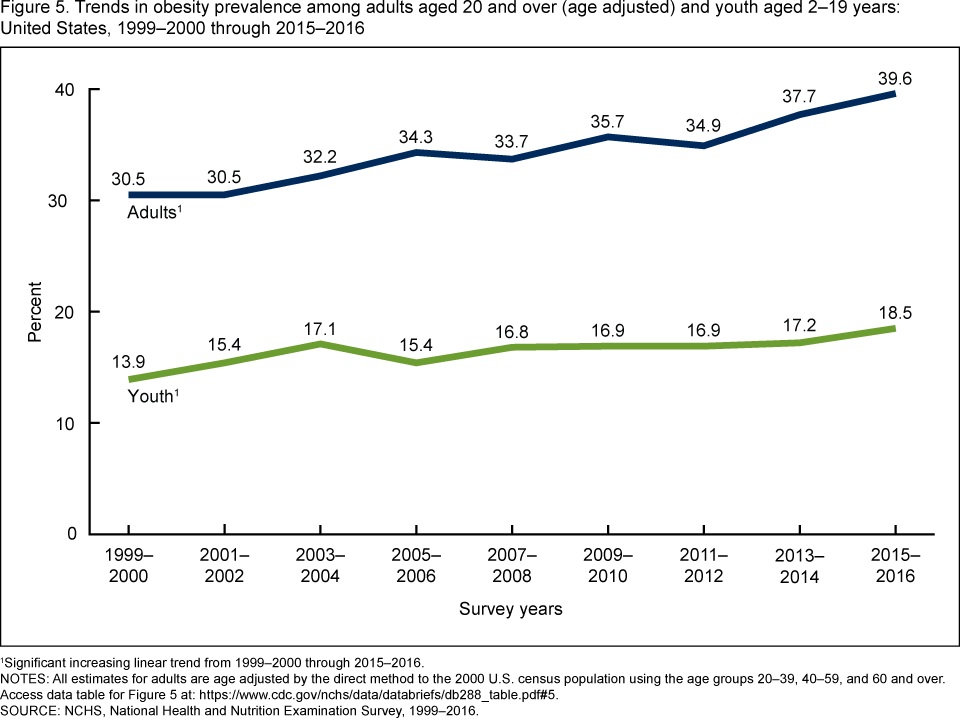
Cheap Talk About Childhood Obesity Brings Great Harm
 Talk is cheap. And frankly, we’re fed up with cheap talk about childhood obesity. Yes, we need effective prevention. But we don’t have it. Want proof? Look at the relentless rise in childhood obesity prevalence. So in the meantime, we need to start caring for kids, teens, and families who are living with obesity. And caring doesn’t mean lectures about cutting the soda. (Hint: not every child or adult with obesity drinks it.) It means providing genuine, competent care for the whole person. Meeting them where they are. Not where we imagine them to be.
Talk is cheap. And frankly, we’re fed up with cheap talk about childhood obesity. Yes, we need effective prevention. But we don’t have it. Want proof? Look at the relentless rise in childhood obesity prevalence. So in the meantime, we need to start caring for kids, teens, and families who are living with obesity. And caring doesn’t mean lectures about cutting the soda. (Hint: not every child or adult with obesity drinks it.) It means providing genuine, competent care for the whole person. Meeting them where they are. Not where we imagine them to be.
Remarkable Insight from a Primary Care Provider
If you want insight on how far we’re falling short, we recommend this perspective from Mara Gordon. She describes a personal experience as a primary care provider:
I remember one recent visit with a teenage girl and her mom, tripping over the words I chose. “Let’s talk about your weight,” I said, offering a reassuring smile.
It didn’t seem to work. I still think about the look of shame on my patient’s mom’s face, as if her daughter’s obesity were a personal failing.
I spent the next few minutes offering canned advice like joining a sports team or cutting back on soda. My patient, meanwhile, sat silent and uncomfortable.
Yes, indeed. That’s a fair representation of how medical education equips most providers to address obesity. Healthcare professionals are generally smart and caring. So after a few experiences like that, a provider learns to avoid that topic.
But Gordon goes on to describe how some pediatric care providers are finding ways to do better. Providers like Brook Sweeney are delivering care that makes a difference. But it takes resources that are hardly available. Gordon explains:
The challenge for many of these centers, Sweeney says, is keeping up with the demand. When she talks with colleagues doing similar work across the country, they say many of their programs have long waiting lists. Insurance sometimes doesn’t pay for the nonmedical parts of these programs, she adds, and they often rely heavily on grant funding.
In other words, the healthcare system is systematically neglecting children and youth with obesity.
The Harm That Comes from Neglect
Neglect has a cost. The obvious cost is growing up with a growing risk of the complications from untreated obesity. Perhaps a more immediate burden is the impact on mental health. Recent research tells us obesity can bring emotional problems quite early in life.
Absent any real help, some teens turn to harmful dietary supplements making bogus weight loss claims. A new report in the Journal of Adolescent Health documents the risk of severe medical events these barely regulated products bring.
How long will our conscience allow us to continue neglecting children, teens, and families in this way? It’s time to move past cheap talk about childhood obesity. Real care can provide remarkable successes. But only if we care enough to provide for it.
Click here for a detailed report on improving access to care for childhood obesity.
Two Children on a Road, painting by Chaim Soutine / WikiArt
Subscribe by email to follow the accumulating evidence and observations that shape our view of health, obesity, and policy.
June 6, 2019
